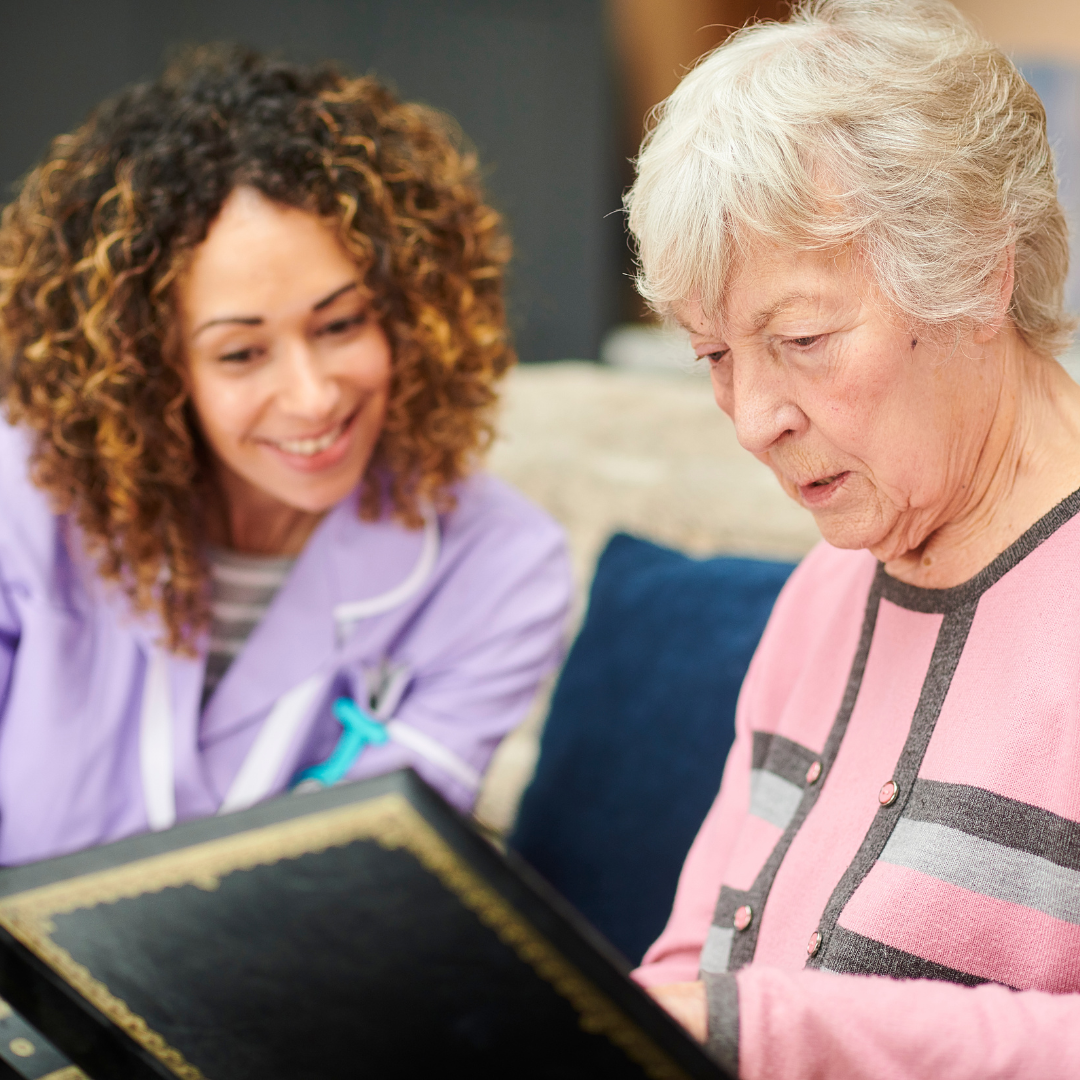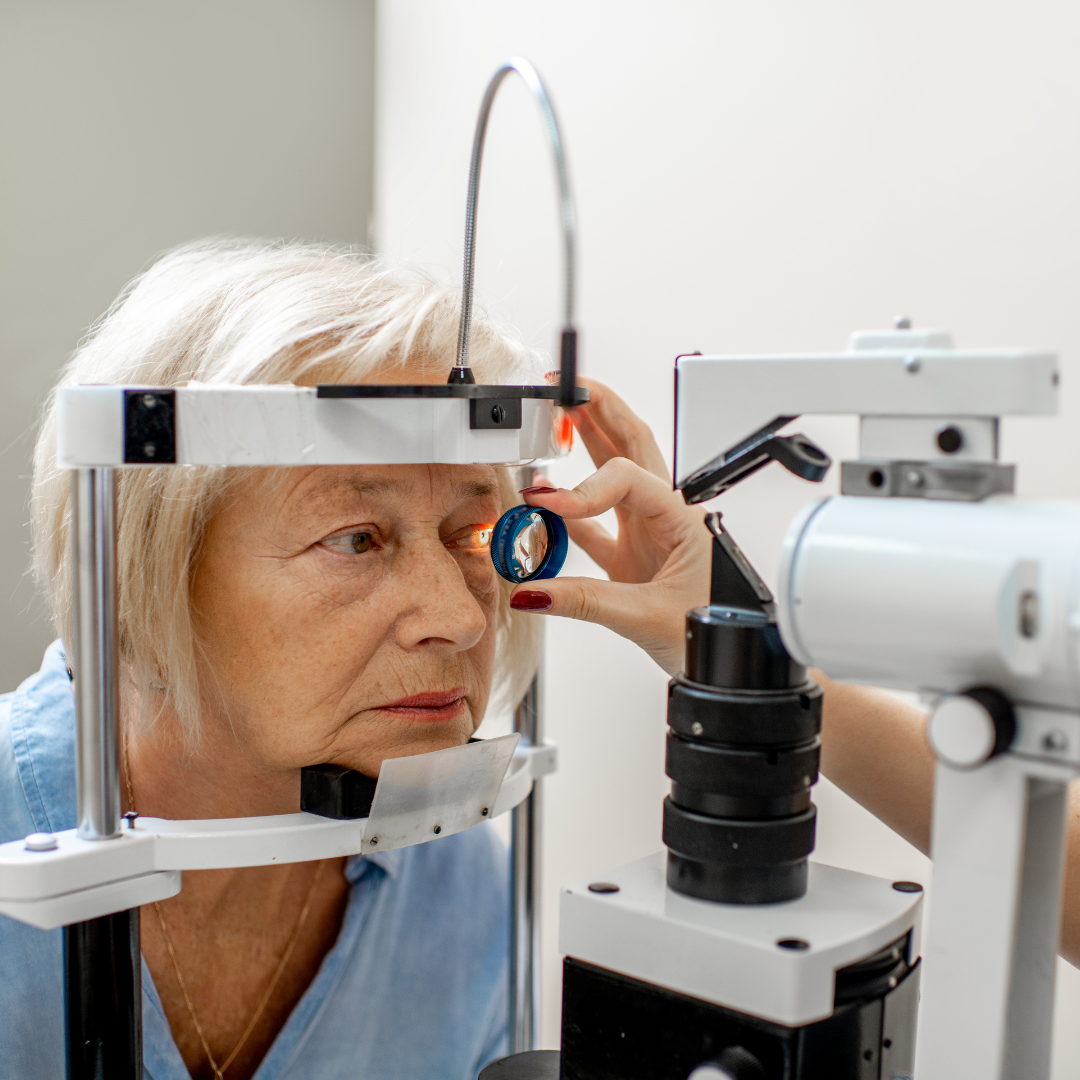It is no secret that many older people suffer from serious illnesses or health problems. According to official figures, nearly half of all American adults have at least one chronic condition. This suggests that the care of a caregiver, family member, or friend is critical in maintaining an older adult’s health.
If you think that caring for the elderly is a simple and uncomplicated task, this is not the case. It all depends on the type of illness and the number of hours you need to spend with an older person to ensure the proper care level.
We have consulted with several experienced caregivers and prepared some vital tips. This will allow you to raise your level of professionalism and even become a “care champion.”
Develop Inner Confidence
If a loved one is undergoing long-term treatment, explain what benefits can be obtained at the end of the treatment course. You should also constantly remind the older adults that treatment or rehabilitation will help them cope with the disease and return to normal life.
Divide Difficulties into Smaller Parts
Don’t try to turn to your views by raising your voice. For example, if an older person has a low appetite due to chemotherapy, try to explain that a glass of water or a few soup sips are vital to maintaining a water balance. Thus, the body receives the necessary fluid that allows you to restore strength.
If a person has a stroke or a problem with mobility, then you should always be near to help get to the right place. It will not be superfluous to explain to your loved one that it is normal to ask you for help to get to the bathroom.
Don’t Forget About Engagement
If a loved one refuses to take medication, then try to encourage him/her by offering a short evening walk in turn. Keep in mind that these offers shouldn’t be a single case. Besides, rewards should be realistic and motivate the older person to take actions that help maintain health.
Also, remind a senior of the previous successes. For example, if a patient refuses to take food and medicine, you should not raise your voice and argue for no reason. Instead, remind the patient that he/she already took the drug yesterday and therefore may repeat the same thing today.
Appreciation Is the Heart of the Issue
Suppose you are caring for a patient undergoing chemotherapy or other complex treatment. In that case, the best way to show support is to demonstrate that you understand the situation’s complexity. Just sit and talk with the patient before starting the treatment to distract him/her a little from the process ahead.
Take the initiative
Do not expect that a loved one or patient will always turn to you for help every time they need it. Sometimes the feeling of pain or a depressed inner state can be simply unbearable. So take the initiative and ask how you can help the patient right now.
Be Health Conscious
As you start caring for an older person, you will notice that this process directly affects your emotional state. Day after day, you may feel more and more stressed.
If you leave everything as it is, then depression and nervous breakdowns can become inevitable. To avoid such gloomy implications, you should think about what things or actions will help you stay happy and healthy. Perhaps taking a daily evening walk or talking to family members can help relieve emotional stress.
What should I do if I am not confident in my abilities?
Far from all of us have the necessary skill set to look after a loved one. Moreover, if you have a job, you are unlikely to devote the required hours to take care of a close person or control medication.
In this case, the only solution is to contact All Heart Homecare – a professional home care agency. Our specialists have vast experience and know precisely how to help an older adult cope with even the most complex diseases. By contacting our company, you will entrust the health of your loved one to real professionals.
Today, our home care services include, but are not limited to:
- Personal care
- Light housekeeping
- Companionship
- Meal preparation
- Running errands
- Help with grocery shopping
- Help with doing laundry
- Medication reminders
- Appointment assistance
- Safety supervision
Call us at 888-388-8989, and we will find a professional caregiver in a matter of minutes.













